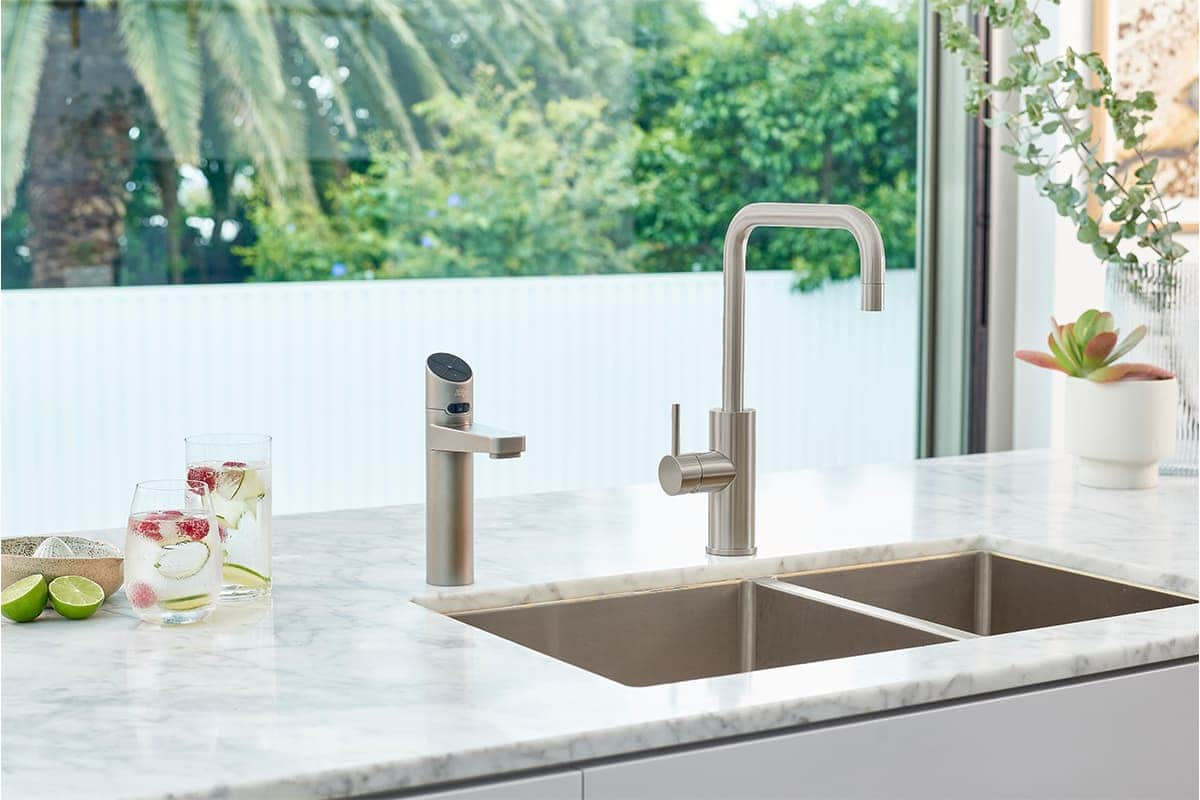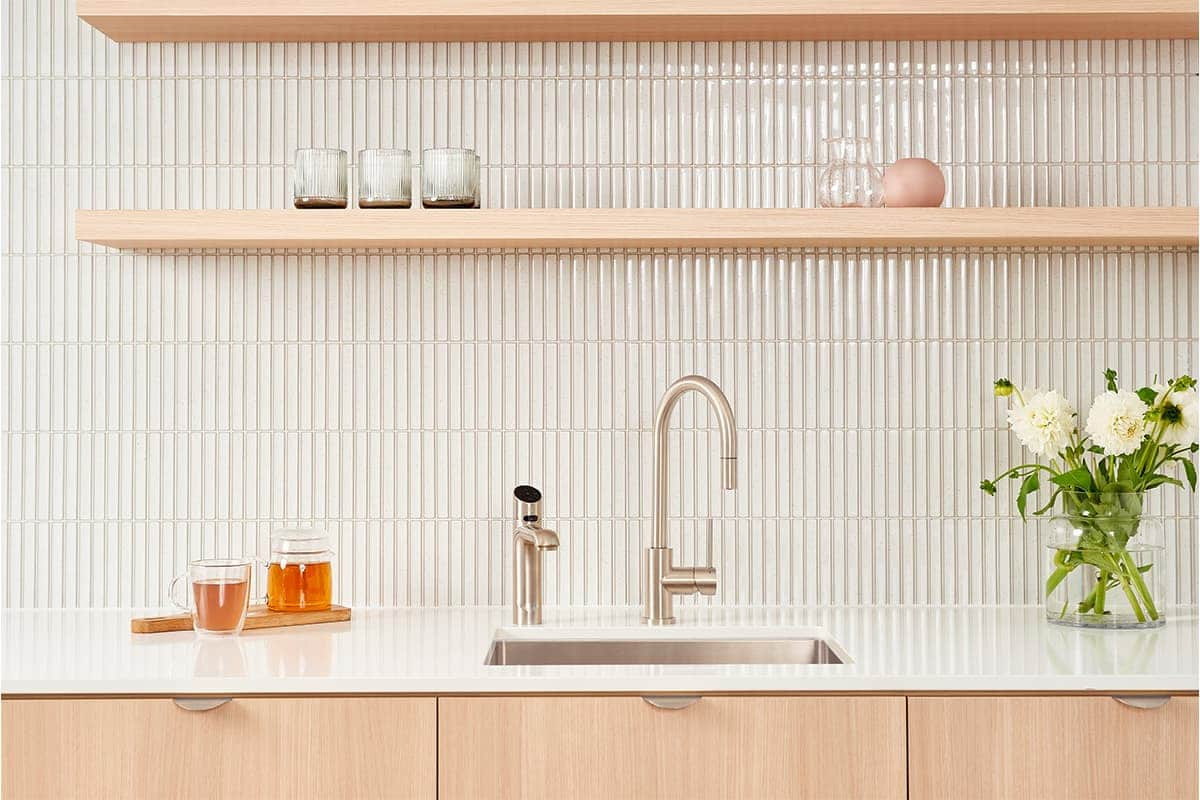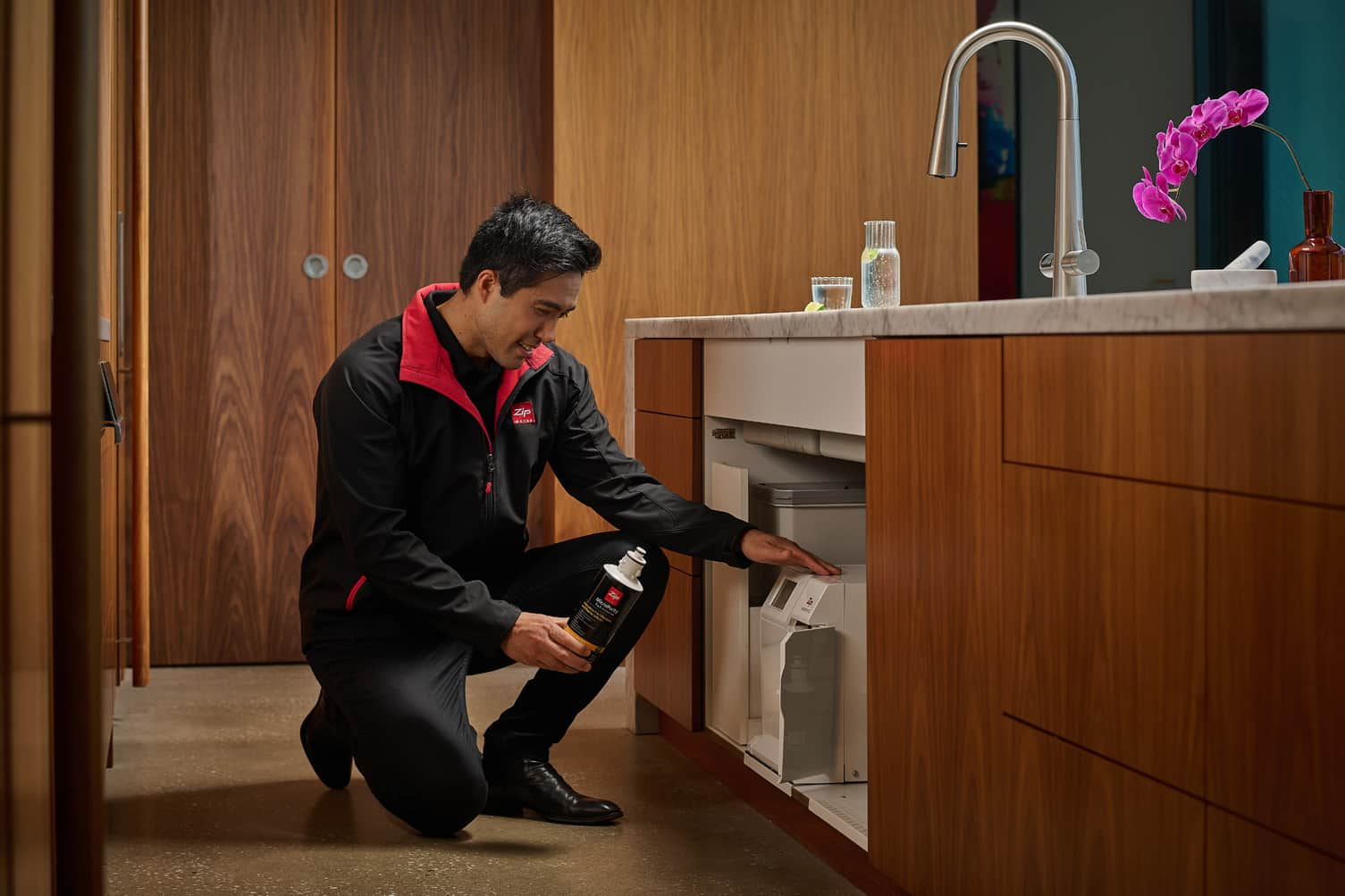What are you drinking?
Health | 23-06-15

‘Liquid calories are easily consumed, rarely compensated for and a recipe for weight gain. For this reason, water should be the primary fluid of choice for all of us'
If we stuck to water with a little tea and coffee we would not have gone wrong but the growth of sugar sweetened beverages including soft drinks, juices, cordials, vitamin waters, flavoured milks and of course alcohol is a recipe for disaster when it comes to weight control. Not only are liquid calories easily over consumed, they are rarely compensated for and offer little nutritionally, and are hence known as empty calories. Even fruit juices, although made from fruit are such concentrated sources of energy that few of us can get away with so many extra calories coming from concentrated sugars without doing a good couple of hours of activity each day. While it may be “healthy” it is a case of too much of a good thing with many of these drinks choices.
Water
Water should be the main fluid of choice for all of us and if you are not drinking two to three bottles of the good stuff every day, you are not drinking enough. Not only does keeping hydrated help us (and our askin) to look and feel better, keeping optimally hydrated also helps to prevent fatigue, bloating and constipation; all symptoms frequently experienced and which can be easily prevented by drinking a little more water.Fruit Juice
For many reasons, freshly squeezed fruit juice epitomizes good health and while fresh fruit is a nutrient dense snack choice; packed with fibre, vitamins and minerals; the concentration of fresh fruit juice means that is can be a kilo joule dense fluid choice, without the fibre and satiating properties fresh fruit has. Always choose 100% fruit juice, stick to small serving sizes (~200mls) and limit your intake to one serve each day to avoid a kilo joule overload. Better still; try vegetable juices which have up to a 1/3 of the kilojoules than that of fruit juice.Coffee
Starting the day with a Latte or cappuccino is an indulgence for many people but it is worth being specific about the size and type of coffee you choose to enjoy. Large milk based coffees with added syrup, cream and sugar can contain as much as 500mls of milk which makes them more like a meal than a drink. Secondly, slowly sipping sugar and milk based coffees over many hours is less than ideal metabolically as it tells the body that you are constantly eating. Aim for just one to two coffees each day, avoid adding sugar or syrups and choose small and regular sized cups.Tea
Tea, green tea in particular has a number of powerful nutritional properties, most notably being a rich source of antioxidants. There is some evidence that has found that drinking a cup of strong green tea after meals does slightly increase metabolic rate. Anecdotal reports have also suggested that green tea may help to curb sugar cravings. Naturally, all types of tea are best consumed without added sugar.Vitamin Water
Vitamin waters have been available for a number of years, but have experienced a recent resurgence courtesy of powerful marketing campaigns that align these waters with attractive mind-body states such as “vitality” and “energy”. While these rather expensive waters do contain added vitamins, the harsh reality is that the vitamins that have been added are rarely lacking in the average adults diet and, with up to 6 teaspoons of sugar per bottle, save your money and get your vitamins from fresh fruit and vegetables instead.Sports drink
Sports drinks are a specially formulated mix of rapidly absorbed carbohydrates and mineral salts which were originally developed for elite athletes to aid in the recovery and re hydration process after competition. While sports drinks have a specific role in high level sport, for recreational athletes training for less than one hour each day, sports drinks relatively high cost, high kilo joule and carbohydrate load means that they are generally not necessary.Soft drink
With up to nine teaspoons of sugar per 375ml can in addition to a number of colours and preservatives, soft drink is a kilo joule dense, nutrient poor food choice. If you do choose to purchase “diet” varieties of soft drink, it is useful to be aware that some of the additives being used in the production of these drinks have been banned overseas.Cordial
Cordial, like soft drink is a nutrient poor, high kilo joule food choice and needs to be limited in the diet, for both adults and children.Wine
Of all types of alcohol, there is some evidence to show that drinking a glass of red wine a night can help to increase the amount of “good” cholesterol in the blood stream. Please note that these results are based on drinking just one standard sized glass, not a goblet.Beer
While beer does not offer the potential health benefits that spirits and red wine do, the wide range of beers available does mean that you can significantly reduce your kilo joule intake by choosing low carbohydrate and low alcohol varieties. Remember that it is recommended adults consume no more than two standard drinks each day with at least two alcohol free days a week.Sprits
Spirits, like red wine contain powerful antioxidants which appear to help increase the levels of good cholesterol in the bloodstream. Spirits too, do not tend to be over consumed to the extent that wine and beer is which can help to control kilo joule intake. The most important thing in relation to spirits is to watch your mixers – stick to soda water, diet soft drinks or enjoy them on the rocks to help lower your kilo joule intake.Kilojoules in your favourite drinks
Regular skim cappuccino (200mls): 250kJ
Grande Caramel Latte (450mls): 1300kJ
Cola drink (600mls): 1000kJ
Kids Skinny Boost (350mls): 500kJ
Regular Boost smoothie (650mls): 1500kJ
Vitamin Water (500mls): 470kJ
Powerade (600mls): 780kJ
Green tea (200mls): 6kJ
Standard glass wine (120mls): 350kJ
Large wine glass (240mls): 700kJ
Stubbie of light beer: 430kJ
Stubbie of regular beer: 550kJ
Article by Susie Burrell
http://www.susieburrell.com.au/























